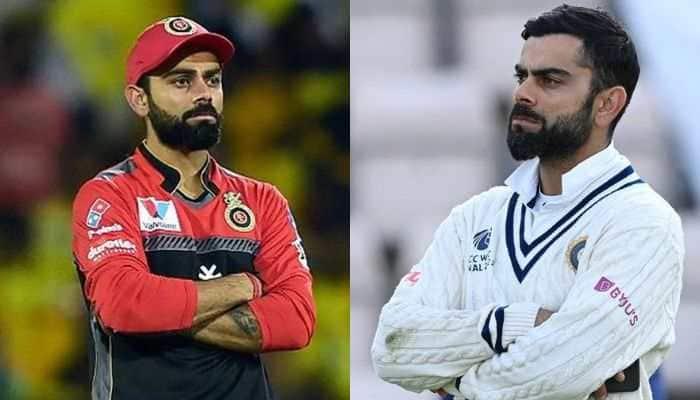World Health Day 2021: COVID-19 pandemic has underlined the need for a resilient health system, says Poonam Muttreja
The COVID-19 pandemic has posed one of the biggest health and humanitarian crises the world has ever witnessed. It has exacerbated existing challenges for the economy and to public health, particularly for vulnerable sections of society.
- Twenty-six million couples in India were impacted by limited access to contraceptives during the pandemic
- PHCs in many parts of our country still require substantial resources and upgradation to meet Indian Public Health Standards
Trending Photos
) Representational Image: ZeeNews
Representational Image: ZeeNews New Delhi: The COVID-19 pandemic has posed one of the biggest health and humanitarian crises the world has ever witnessed. It has exacerbated existing challenges for the economy and to public health, particularly for vulnerable sections of society.
Most importantly, the pandemic underscored the importance of strengthening health systems and of providing a unique opportunity to reimagine India’s healthcare; making it more equitable and inclusive. Improving public health infrastructure is critical to ensuring quality health care for all.
The disruption of essential services due to the high burden of COVID-19 cases demonstrated the need to build health systems that have the capacity to not only cater to the burgeoning demand for health services in India but also withstand crises.
Shifting government priority to focus on health management and disease prevention is critical. But so is ensuring greater equity in accessing health care and strengthening x resilience of frontline healthcare workers.
Community action and accountability is/are key to ensuring that allocations reach those who need it the most. Gaps in access to health services for women have affected their quality of life for decades. These gaps are attributable to socioeconomic factors determining the status of women in society, which have been compounded by the COVID-19 pandemic.
Twenty-six million couples in India were impacted by limited access to contraceptives during the pandemic. Public health centers (PHCs) in many parts of our country still require substantial resources and upgradation to meet Indian Public Health Standards (IPHS) for PHCs (as per guidelines issued by the Ministry of Health and Family Welfare).
Civil society and philanthropic organizations need to step up, as they always have, to support communities, and the most marginalized sections of our society. Finally, it is imperative to ensure that emergency measures adopted in the face of the pandemic are inclusive of all sections of society to ensure no one is left behind.
The Lancet Citizen’s Commission was launched last year to reimagine India’s health system and catalyze efforts to pave the way towards universal health coverage (UHC). This Commission is an unprecedented attempt to place the voices of citizens, including those seeking healthcare and those providing it, at the centre of its efforts.
Commenting on World Health Day 2021, Poonam Muttreja, Executive Director of Population Foundation of India, said, “The focus on public health today, brought on by the Covid-19 pandemic, must be leveraged to improve access to quality health care, an essential service for all. Universal health coverage is critical and must reach the most vulnerable. This pandemic has underlined the need for a resilient health system – not as an option, but a necessity – to provide comprehensive, accountable, inclusive, and affordable quality health care to all.”
Stay informed on all the latest news, real-time breaking news updates, and follow all the important headlines in india news and world News on Zee News.
Live Tv







)
)
)
)
)
)
)
)
)
)
